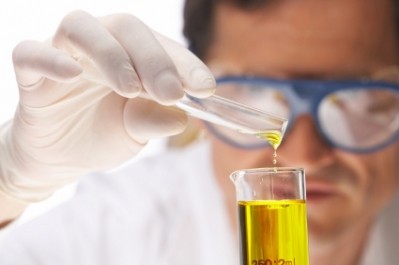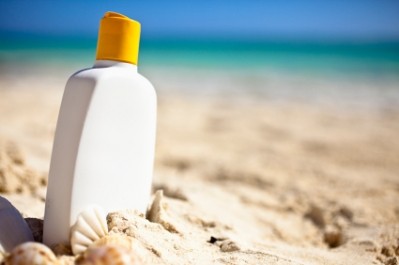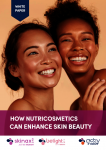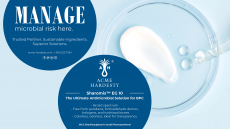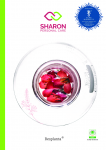Scientists reiterate nanotechnology in sunscreens is safe

"Scientific evidence supports the benefits of sunscreen usage to minimize short- and long-term damage to the skin from UV radiation and outweighs any unproven claims of toxicity or human health hazard," said Daniel M. Siegel, president of the Academy.
Sunscreen products contain one or more active drug ingredients (compounds that absorb, scatter or reflect UV light) and are regulated as over-the-counter (OTC) drugs by the US Food and Drug Administration (FDA).
The FDA has several safety and effectiveness regulations in place that govern the manufacture and marketing of all sunscreen products, including safety data on its ingredients.
Reiterating effectiveness
Despite numerous tests proving the effectiveness of nanotechnology in sunscreens, there have been reports questioning the health risks of some ingredients.
Titanium dioxide and zinc oxide nanoparticles are the most commonly used in sunscreen formulations as they appear to vanish on the skin, do not leave a residue, and retain and enhance their ability to block UVA and UVB light.
"While widespread use of nanotechnology in medicine is currently under evaluation, one of the main benefits of nanoparticles in sunscreens is that the small molecules can provide more protection and more even coverage on the skin's surface than larger particles," said Dr Siegel.
"Considerable research on the use of nanoparticles on healthy, undamaged skin has shown that the stratum corneum - the outermost layer of the skin - is an effective barrier to preventing the entry of nanoparticles into the deeper layers of the skin. Titanium dioxide and zinc oxide have a long history of safe use in sunscreens and offer good options for broad-spectrum UV protection."
FDA regulations ‘helpful’
Siegel also passed comment on the FDA sunscreen regulations, announced last June, which defined the testing required to make a broad-spectrum protection claim and indicate which types of sunscreen can reduce skin cancer risk.
"We look forward to the implementation of these regulations which will help Americans reduce their risk for skin cancer by guiding them to the most effective sunscreens and advising them about other sun-protection measures," he said.
